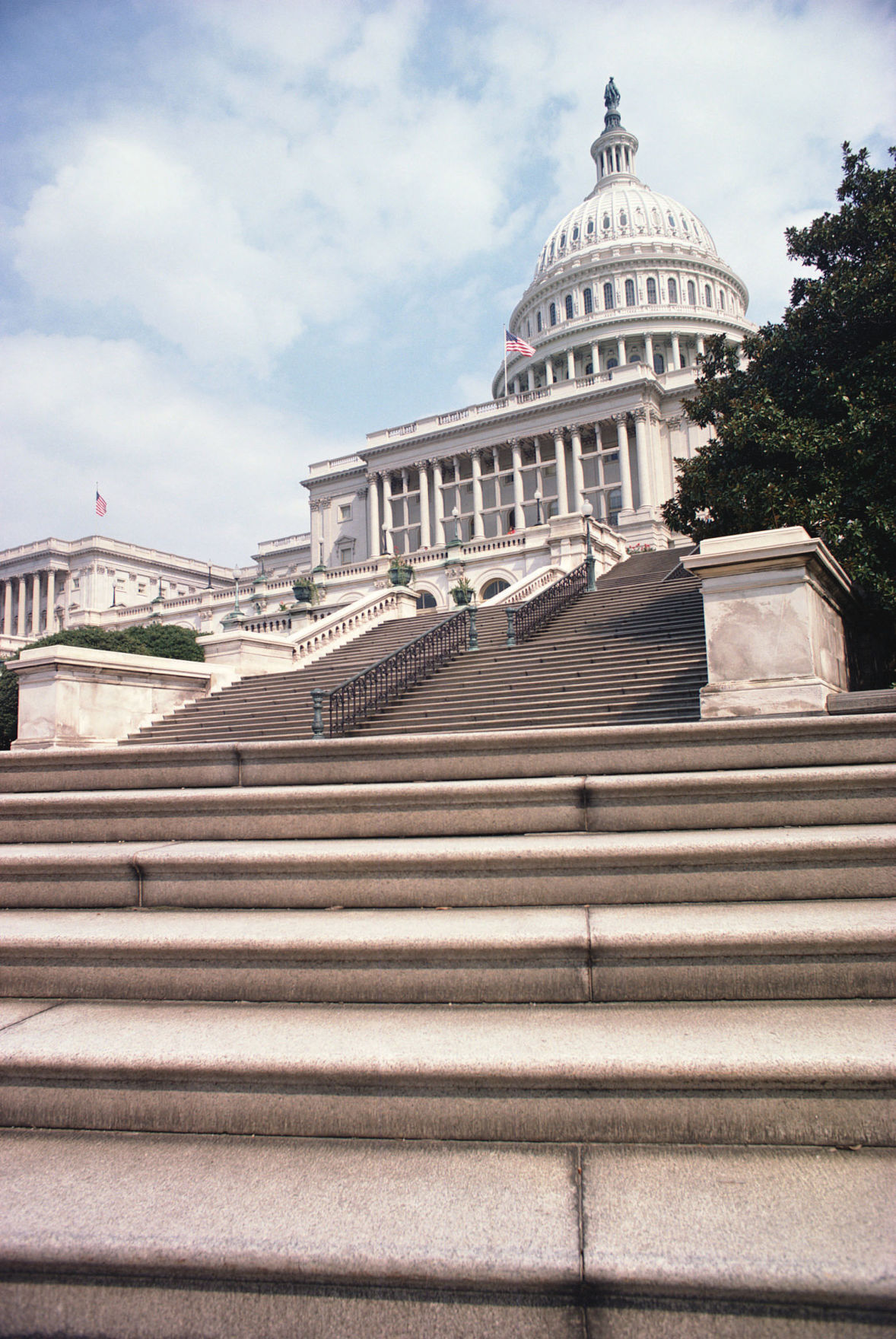“Adding whipped cream to millions of Starbucks Corp. drinks emits 50 times as much greenhouse gas as the company’s private jet.”
That’s the word from Starbucks via a recent Bloomberg article.
That’s not too terribly scientific. How many millions of drinks? How many gallons of jet fuel? How long was that flight? This statement is clearly not based on science or facts, just fearmongering.
On Jan. 21, Starbucks announced its environmental baseline report, on the heels of the World Economic Forum in Davos, Switzerland.
The company introduced a host of resolutions, including cutting carbon emissions in half by 2030. Starbucks says dairy accounted for 21% of the company’s carbon footprint in 2018.
Starbucks CEO Kevin Johnson said, “Alternative milks will be a big part of the solution.”
A big part, huh? Inferior alternatives to dairy milk do not have a squeaky clean environmental record. The almond industry has been under criticism for damage to the bee population. Meanwhile, soy is under fire for risking more deforestation in South America, due to its increasing global popularity.
I don’t have any beef with the production of dairy milk or plant milk, but I have a problem with praising one agricultural industry while throwing another under the bus—just because it’s trendy and easy. Agriculture is not perfect, but all sectors are working to reduce their environmental impacts. It doesn’t do a farmer any good to mistreat our natural resources.
As an “area of focus,” Starbucks will also “expand plant-based options, migrating toward a more environmentally friendly menu.” The loud anti-meat voices have convinced big companies that veganism will save the planet.
Another “area of focus” is to “invest in innovative and regenerative agricultural practices, reforestation, forest conservation and water replenishment in our supply chain.” Wow, that’s vague and unmeasurable.
While I applaud actions to try to save the planet, Starbucks has misidentified the culprit and mislead its customers.
The company picks on dairy because it’s easy, not because it would have the most impact.
In 2008, Starbucks pledged to serve 25% of beverages in reusable cups, which it did not accomplish. So, I’m not putting too much stock into this new set of goals.
While I don’t believe in boycotting companies, I will ask for extra dairy milk on my next Starbucks run.
On a somewhat related note, U.S. senators may be increasing their milk consumption the next couple weeks.
During the Senate impeachment trial of President Donald Trump, senators are only allowed to drink water or milk on the Senate floor.
According to FOX News anchor Brett Baier, in 1966, Republican Sen. Edward Dirksen from Illinois said he wanted a glass of milk during a debate. That was made an official rule, and the rest is history.
This would be a good time for lawmakers to show support of the dairy industry. They wouldn’t have to say a word, which would be a challenge.
Editor’s note: Seymour Klierly writes Washington Whispers for the Journal from inside the Beltway.




